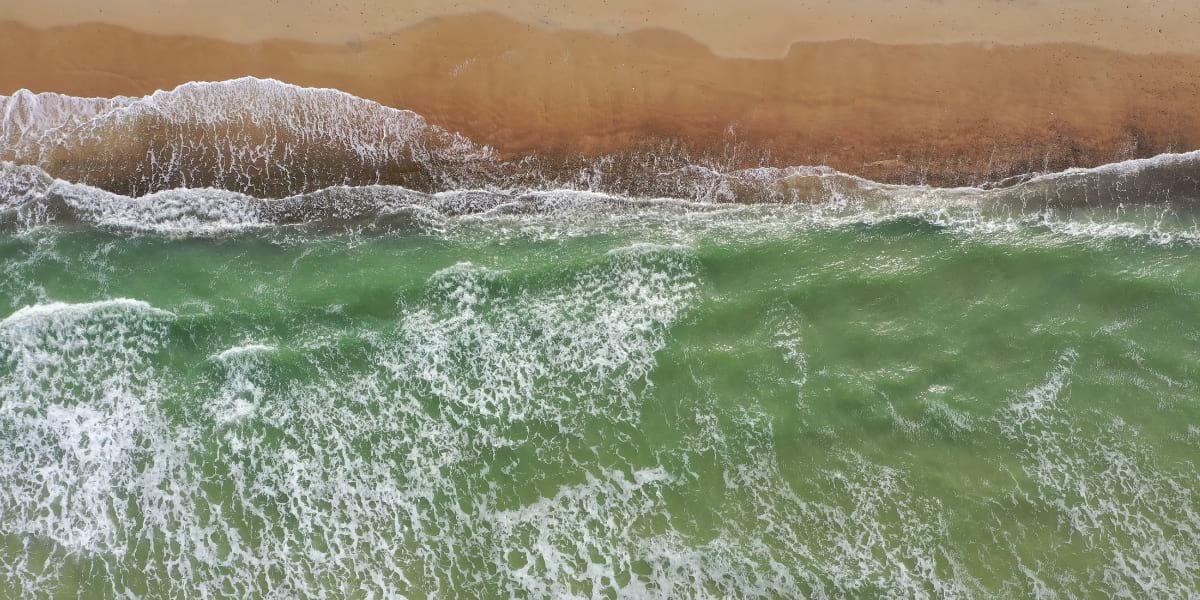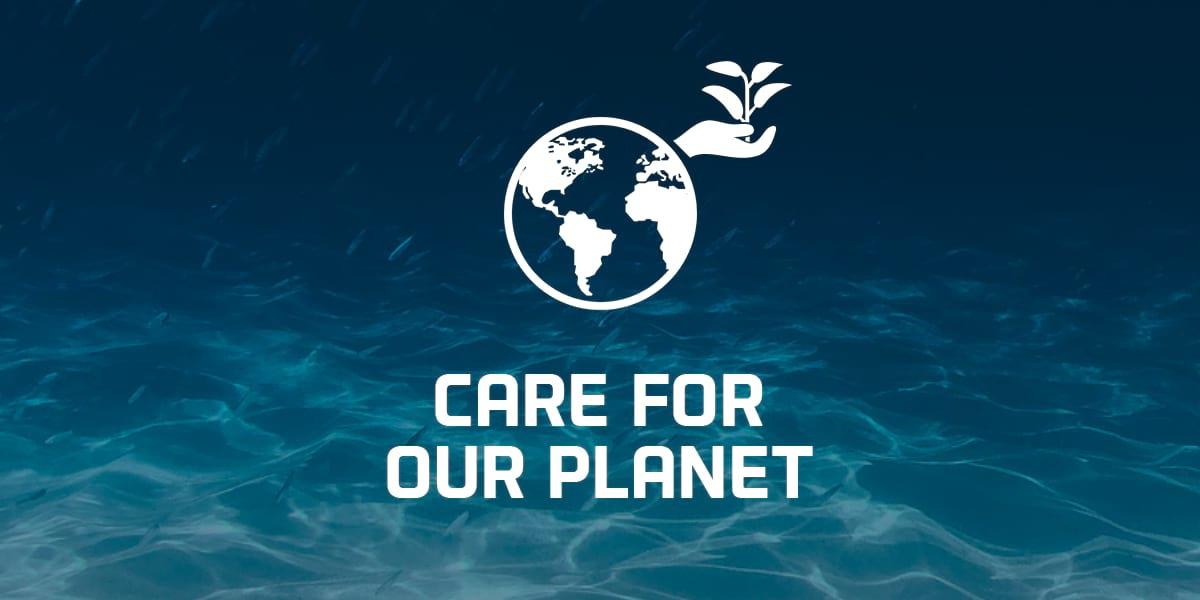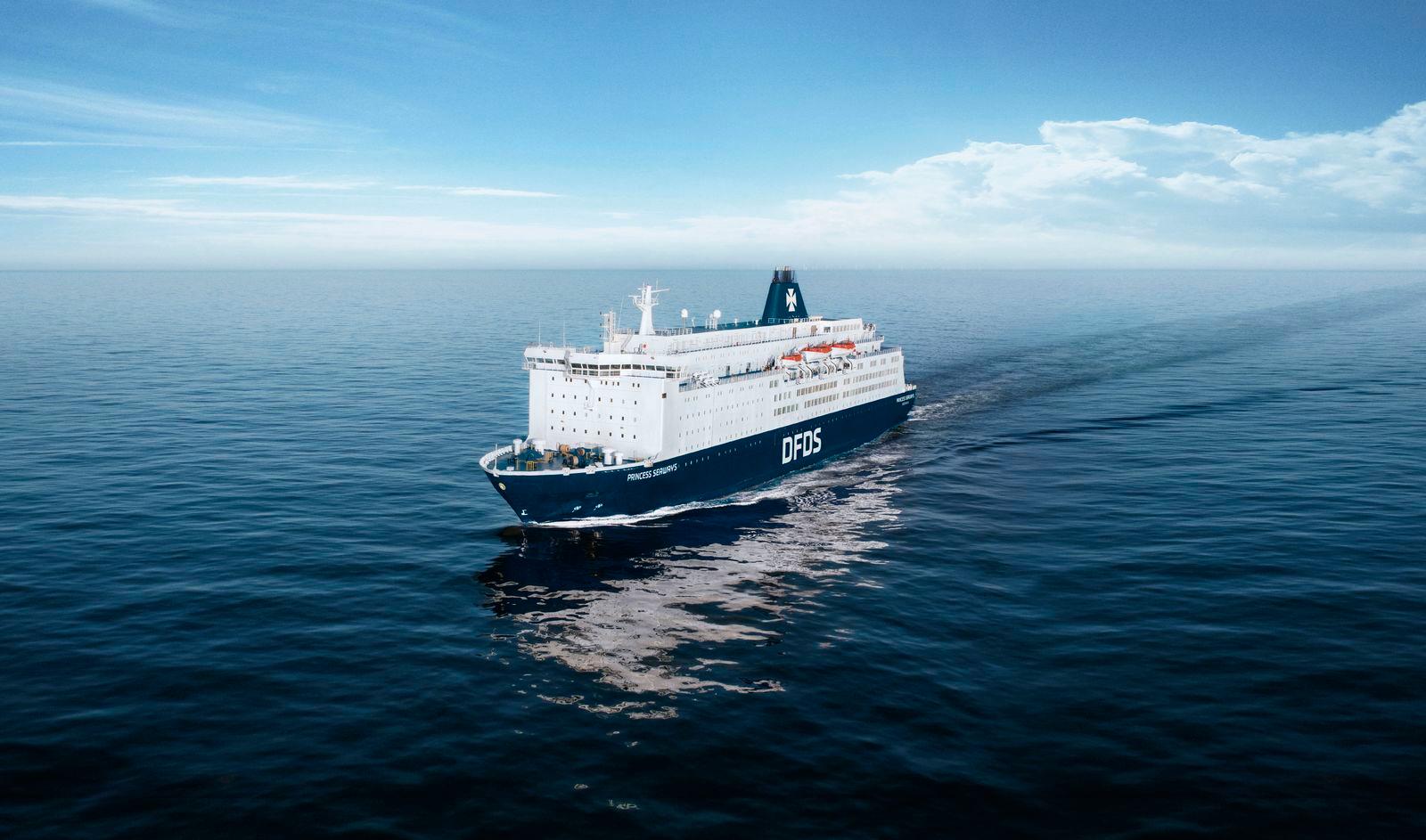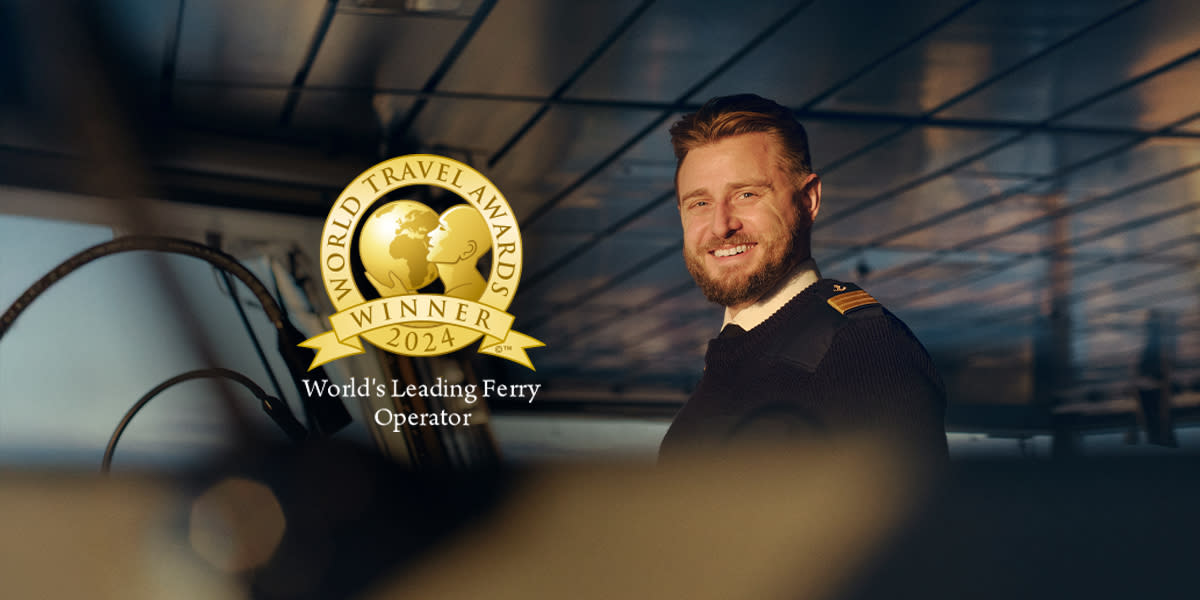
DFDS Carbon Reduction Programmes

Full Insetting vs Partial Insetting - Understanding the difference
At DFDS, decarbonising isn't just a checkbox — it’s a guiding principle that drives our operations. Our Carbon Reduction Programmes allow you to actively participate in our mission to reduce greenhouse gas emissions, making every journey a step towards a brighter future.
What is Full and Partial Insetting?
Our Full Insetting and Partial Insetting programmes are key to how you can contribute to DFDS’s decarbonisation efforts. Here's how they work:
Full Insetting
When you choose Full Insetting, you are directly compensating for the greenhouse gas emissions generated by your journey. Your contribution supports internal projects that help reduce emissions, especially through the increased use of biofuels in our operations.
How does Full Insetting work?
- Your contribution funds biofuel initiatives aimed at lowering emissions from our ferries.
- Full Insetting in equivalent to 100% of the CO2e generated by your journey, ensuring a more environmentally friendly trip.
- Full Insetting is provided to customers, minus their ETS (Emissions Trading Scheme) contribution. ETS is not a direct greenhouse gas reduction initiative, but insetting is. If a customer chooses to reduce their carbon via insetting, then ETS is no longer relevant and is therefore removed from the overall price when calculating voluntary contributions.
Partial Insetting
By opting for Partial Insetting, you are making a valuable contribution toward DFDS’s biofuel projects, helping reduce emissions for future journeys, even if it doesn't fully compensate for the emissions from your current trip.
How does Partial Insetting work?
- Partial Insetting allows you to contribute towards future biofuel usage and emissions reduction projects, by partially compensating for your journey's emissions.
- This option offers a flexible way to engage with our decarbonisation efforts at a lower price point.

Full Insetting vs Partial Insetting: What's the Difference?
Full Insetting: equivalent to 100% of the greenhouse gas emissions from your journey by funding biofuel use and internal CO2 reduction projects.
Partial Insetting: Contributes to future biofuel use at DFDS, supporting long-term emissions reduction without fully compensating for your journey’s emissions.
Both options allow you to make a meaningful contribution to our efforts in reducing greenhouse gas emissions and achieving climate goals.

Why is Biofuel Important?
Biofuels play a crucial role in reducing emissions from our vessels. Your contribution through Full Insetting and Partial Insetting supports the transition to low- and near-zero-emission marine fuels. This not only lowers greenhouse gas emissions but also moves DFDS closer to its goal of becoming net zero by 2050.
Why Choose DFDS?
When you travel with DFDS, you’re not just booking a trip — you’re joining a journey towards a more sustainable future. Your participation in our Carbon Reduction Programmes makes a real difference in reducing emissions and supporting a net-zero future.
More information on our sustainability efforts and climate plan.

Proudly named the World’s Leading Ferry Operator
We did it! After being crowned ‘Europe’s Leading Ferry Operator 2024’ at the World Travel Awards earlier this year, we are delighted to announce we have retained our title as the World’s Leading Ferry Operator.
We were also once again recognised as having the best website in our industry – scooping both the European and World awards in 2024.
A heartfelt thank you to everyone who voted, and to our passengers, colleagues and partners who contribute to our continued success – we couldn’t do it without you all.
